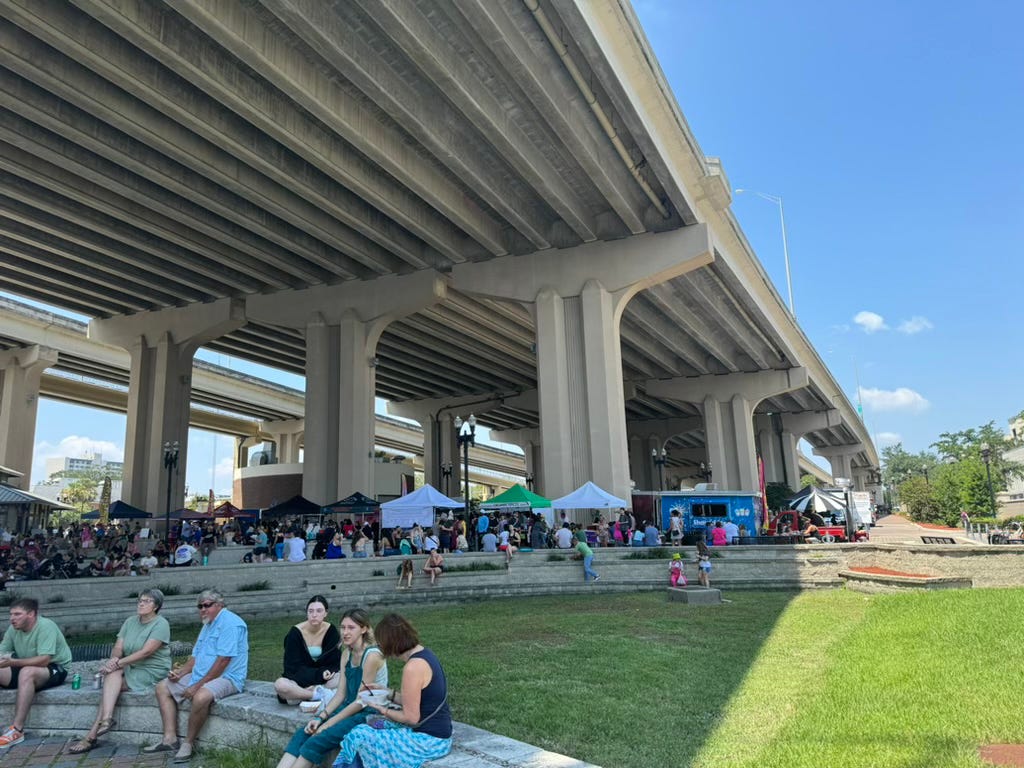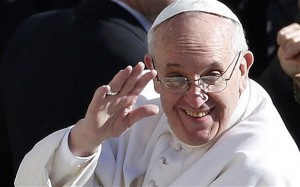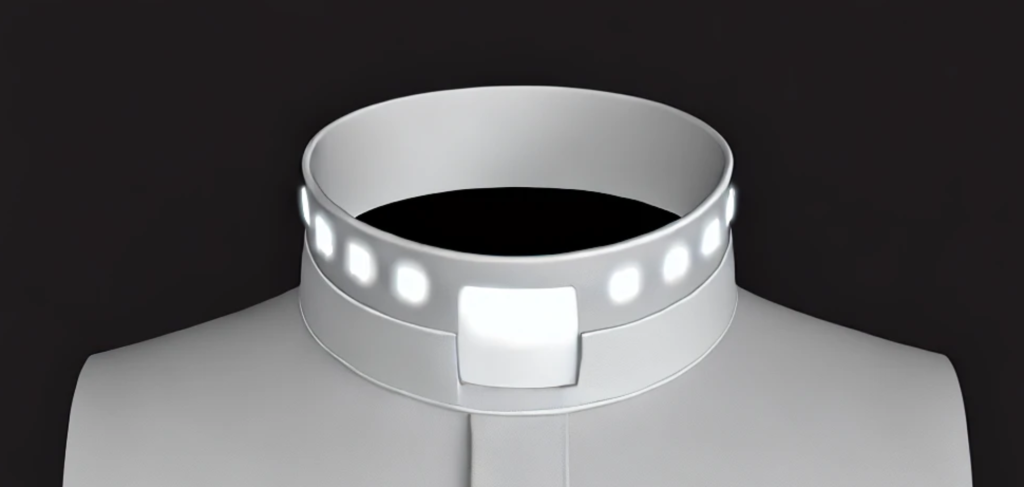A lovely morning today and I was out and about riding my bike. I was quite enjoying my ride and looked forward to the part that takes me across Ortega Rivers Bridge, a draw bridge built in 1927. The bridge is so excited to see even modest boats that it raises its bascule leaves in salute and stands at attention until the boat passes. On this occasion, as I approached the bridge, I saw a line of cars indicating it was raised. As luck would have it the bridge had just lowered and the barrier lifted as I approached without having to stop. I thought this was a nice omen for that day.
It was only a couple miles later that I was hoping the sound I was hearing was the rougher grade of road I was riding on. Pulling off the road I saw that I had a flat tire. So much for nice omens.

It was not long until I had taken the tire off, and a bit longer to replace the inner tube with a new one.
While I was repairing my bike, I was thinking of the G.K. Chesterton quote:
An adventure is only an inconvenience rightly considered. An inconvenience is only an adventure wrongly considered.
I was thankfully calm about this annoyance and had some gratitude about the nice summer day and just being capable of going out on long rides in the first place. This GKC frame of mind was aided since I was listening to Ian Ker’s Chesterton biography.
My bike was all put back together and I was pumping up the tire, seemingly to no avail. Portable bike pumps do take quite a while and it seemed each stroke produced the amount of air the Big Bad Wolf would exude if he had asthma. I soon knew something was up and that I had a bad valve or hole in the new inner tube which had been scrunched into a bike pouch for over a year.
On this scenic route that I take headed to downtown Jacksonville, I knew there was a bike shop about a mile ahead of me. It turned out to be a pleasurable route, while walking my bike, that takes me into an area with a bunch of small shops and crowds of people enjoying the day.

I am appreciative of a small local shop and they soon had me back to my day’s adventure. There was indeed a hole in my replacement tube.
My next stop took me adjacent to the St. John’s river and a park and then downtown to the Riverside Arts Market where each Saturday you can find food trucks, live music, and lots of booths selling food, paintings, and other crafts.


Before my ride back home, I stopped for some Filipino Meat on a Stick. In the Philippines, us sailors would call this affectionally and jokingly as Dog on a Stick, as we bought them from street vendors.
My ride back home was uneventful in the meaning that there were no more mishaps on the way back. Yet quite eventful as in meaning, full of events of scenery and signs of life continuing on. My longer than expected morning to afternoon ride had kept me from being home earlier and missing the time I could have spent in doom scrolling social media and news. My bike had a flat, but life is not flat and I need reminders of this and to just live in the moment.






